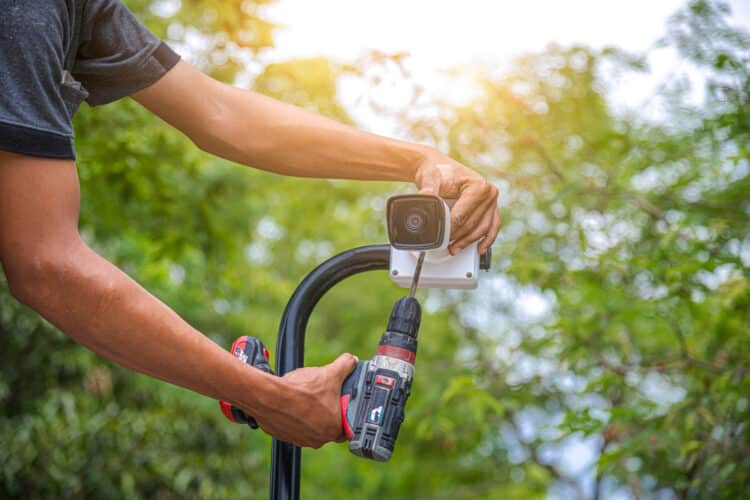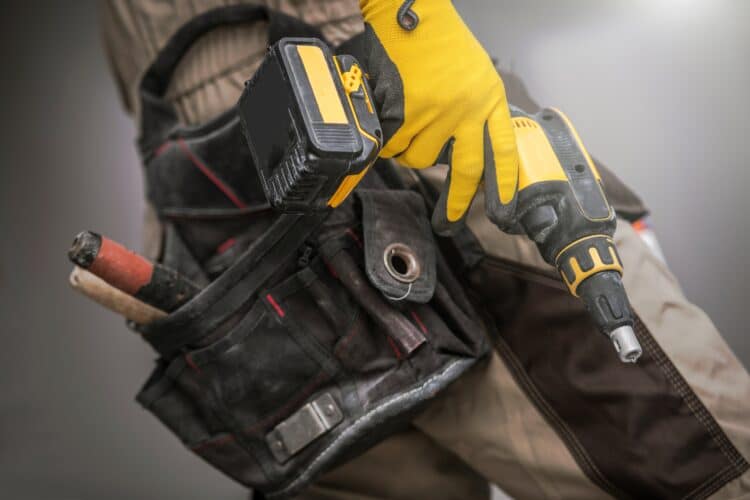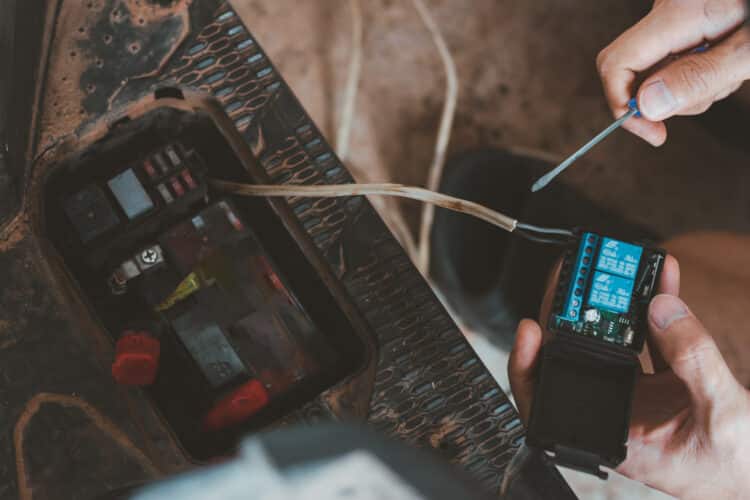Is it Bad to Leave Batteries in Power Tools?
Key Takeaways
- Leaving batteries in power tools can lead to overcharging, which decreases battery lifespan and capacity and can cause damage to the internal components of the battery.
- Power tool batteries have a level of self-discharge, meaning they lose their charge even when not in use. Leaving batteries in power tools for extended periods can result in self-discharge, leading to depleted batteries when needed.
- Leaving batteries on the charger for extended periods contributes to unnecessary energy consumption, increased greenhouse gas emissions, and more frequent disposal and replacement of batteries, resulting in increased electronic waste.
Leaving batteries in power tools is a common practice, but is it actually bad for the batteries? In this article, we will explore the effects of leaving batteries in power tools and provide some insights on best practices for battery maintenance.
The Effects of Leaving Batteries in Power Tools
Leaving batteries in power tools can have several negative effects. One of the main concerns is overcharging, which can significantly decrease the usable lifespan of the batteries. Overcharging occurs when the battery remains connected to the charger even after it is fully charged. This can lead to decreased battery capacity and shorter overall battery life. Over time, overcharging can also cause damage to the internal components of the battery, reducing its overall performance and potentially posing safety hazards.
Another concern is self-discharge. Power tool batteries have a certain level of self-discharge, meaning they lose their charge even when not in use. Leaving batteries in power tools for extended periods can result in self-discharge, which may lead to depleted batteries when you’re ready to use them. While self-discharge itself may not cause long-term damage to the batteries, it can be inconvenient and frustrating.
Furthermore, leaving batteries on the charger for extended periods can contribute to unnecessary energy consumption and increase greenhouse gas emissions. It can also lead to more frequent disposal and replacement of batteries, resulting in increased electronic waste.
Best Practices for Battery Maintenance
To ensure optimal performance and longevity of power tool batteries, it is recommended to follow some best practices for battery maintenance:
- Minimize heat: Heat can negatively impact battery performance and lifespan. It is advisable to let the battery cool before use, store them in a cool and shaded area, and take breaks during heavy use to prevent excessive heat buildup.
- Manage cold temperatures: Cold temperatures can also affect battery performance. To counteract this, warm up the batteries by keeping them inside the truck with the heat on or setting them in the sun before use.
- Avoid excessive vibration: Excessive vibration can potentially damage the batteries. Treat them gently, avoiding dropping or letting them bounce around in the back of a truck or tool bag.
- Protect from moisture: Keep batteries away from water sources and out of the rain to prevent moisture damage that can affect performance and safety.
- Beware of over-discharging: Over-discharging can also have negative effects on battery life. Charge the batteries when they drop to one bar and store them at a half-charged state to maintain their longevity.
Conclusion
In conclusion, leaving batteries in power tools can have detrimental effects on their performance and lifespan. Overcharging, self-discharge, and improper storage can all contribute to decreased battery capacity and potential safety hazards. To ensure optimal battery performance and longevity, it is important to follow recommended best practices for battery maintenance, such as minimizing heat exposure, protecting from moisture, and avoiding over-discharging.
Related Websites:
- Bob Vila – Power Tool Batteries
- House Toolkit – Is it OK to Leave Power Tool Batteries on the Charger?
- DIY Stack Exchange – Is it Bad to Leave Batteries in My Cordless Tools?
- House Bouse – How to Store Power Tool Batteries
- Storables – How to Store Power Tool Batteries
- Pro Tool Reviews – Lithium-Ion Battery Maintenance Tips
- ToolSense – Battery Maintenance for Equipment: 8 Tips for Maintaining Batteries
FAQs:
Q: What are the potential risks of leaving batteries in power tools?
Leaving batteries in power tools can lead to risks such as battery leakage, corrosion, and potential damage to the power tool itself.
Q: How does leaving batteries in power tools affect their lifespan and performance?
Leaving batteries in power tools for extended periods can result in decreased battery lifespan and reduced performance, leading to shorter run times and diminished tool efficiency.
Q: What factors should be considered when leaving batteries in power tools?
Factors to consider include the type of battery used, environmental conditions (such as temperature and humidity), and the frequency of tool usage and battery discharge.
Q: What are the best practices for storing power tool batteries?
To store power tool batteries properly, it is important to maintain the right temperature and humidity, use protective cases or covers, and perform regular battery maintenance and inspection.
Q: How can I prolong the lifespan of power tool batteries?
To prolong the lifespan of power tool batteries, it is recommended to use appropriate charging and discharging techniques, avoid overcharging or deep discharging, and rotate and cycle batteries for equal usage.





